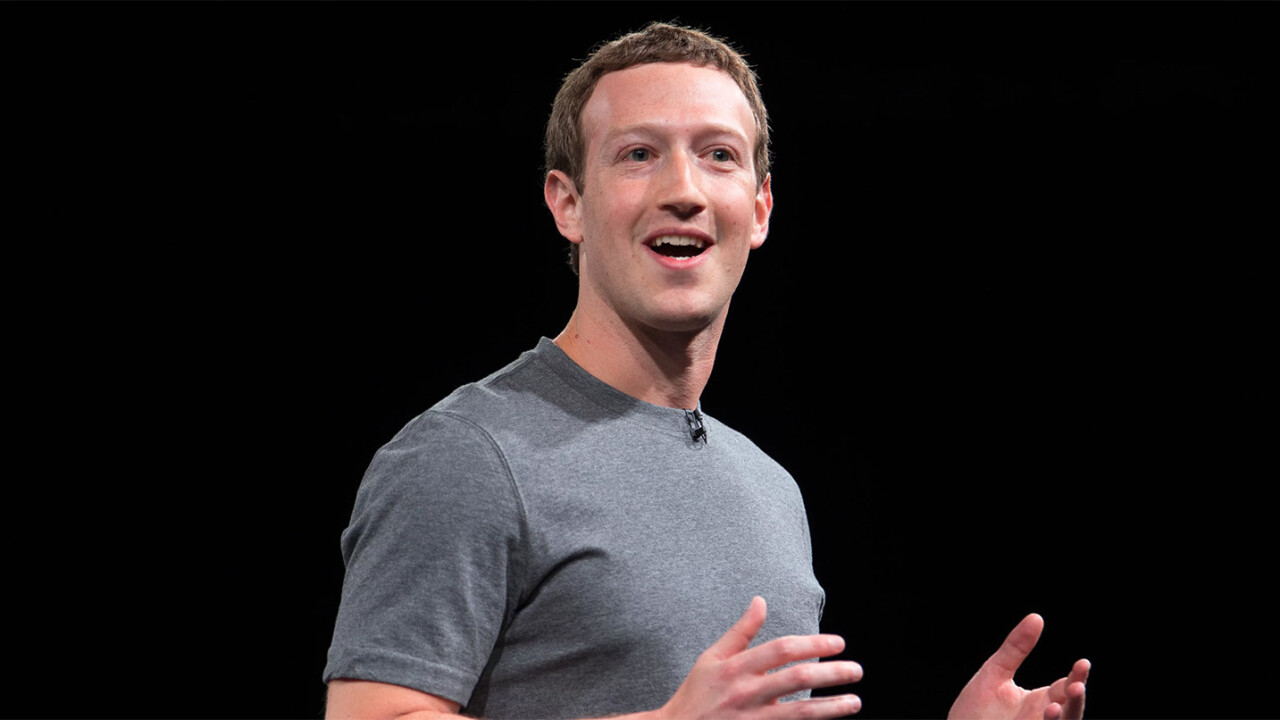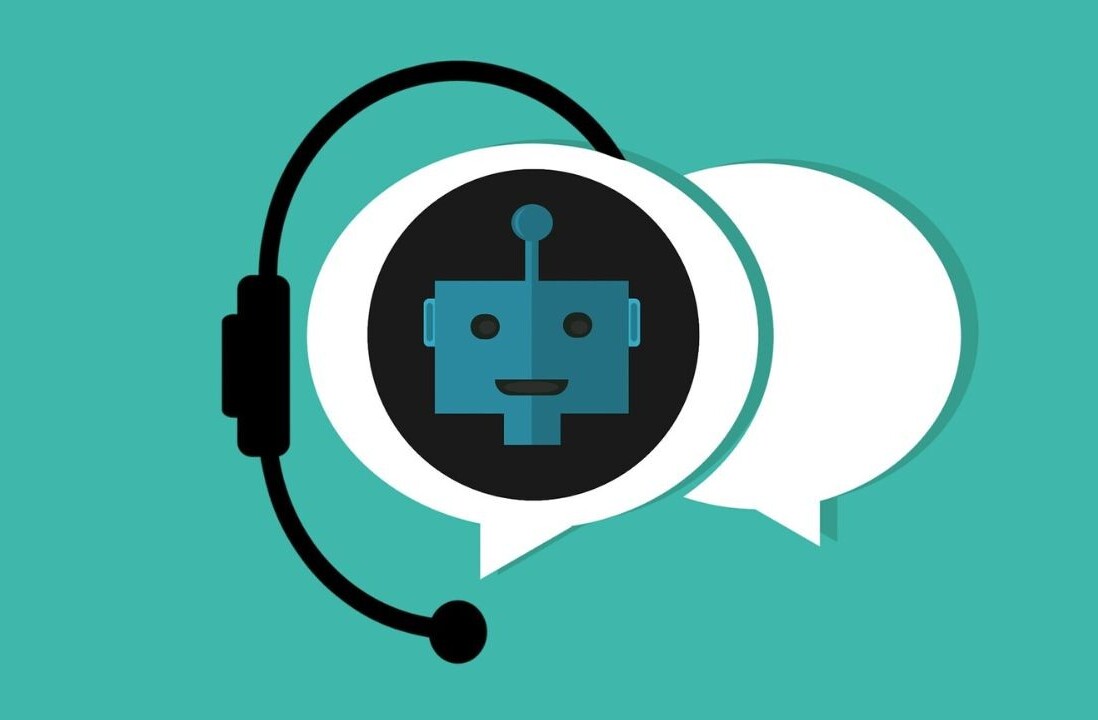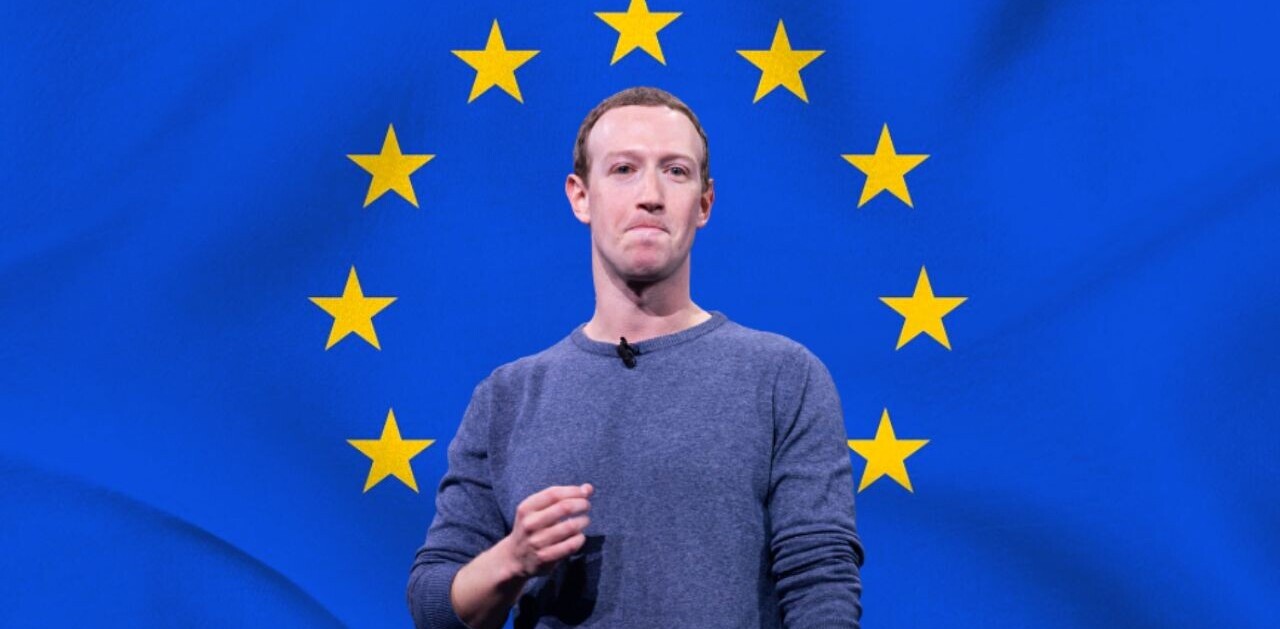A former Facebook executive recently said the site’s addictive qualities are destroying social interaction and the fabric of the global community. Facebook responded this week, and it tacitly confirmed his criticisms.
Chamath Palihapitiya, the former vice president of user growth who last worked at Facebook six years ago, spoke about social media to a group at Stanford Graduate School of Business. He criticized the site for using “short-term, dopamine-driven feedback loops” that are “destroying how society works.” Given his position, I’d say he’d know better than anyone how such things worked.
If that was where the story ended, then Palihapitiya would just be one of several former Facebook employees and investors who have come out against the site recently. But Facebook has made his criticisms more noteworthy by issuing a direct response.
That response, also reported by The Verge, reads as follows:
When Chamath was at Facebook we were focused on building new social media experiences and growing Facebook around the world. Facebook was a very different company back then and as we have grown we have realized how our responsibilities have grown too.
That sounds an awful lot like an admission that, when Palihapitiya was at Facebook, the goal was indeed to indoctrinate users with feedback loops. It’s certainly not disagreeing with him.
The rest of the statement is not much more encouraging:
We’ve done a lot of work and research with outside experts and academics to understand the effects of our service on well-being, and we’re using it to inform our product development. We are also making significant investments more in people, technology, and processes, and — as Mark Zuckerberg said on the last earnings call — we are willing to reduce our profitability to make sure the right investments are made.
For what it’s worth, I believe Facebook when it says it’s not about cutthroat growth strategies anymore. Why should it be? Facebook won the battle for the human mind, for all meaningful intents. It’s got billions of users, controls three of the most important social media/messaging apps on the market, and is a household word that almost every human on earth has heard.
But the implication that it is more considerate of how it affects people because now — now — it can afford to be is kind of gross. The trick is doing the right thing before that point, Facebook. And doing so right after a soft admission of your own site’s destructive addictiveness isn’t a good look.
h/t The Verge
Get the TNW newsletter
Get the most important tech news in your inbox each week.






